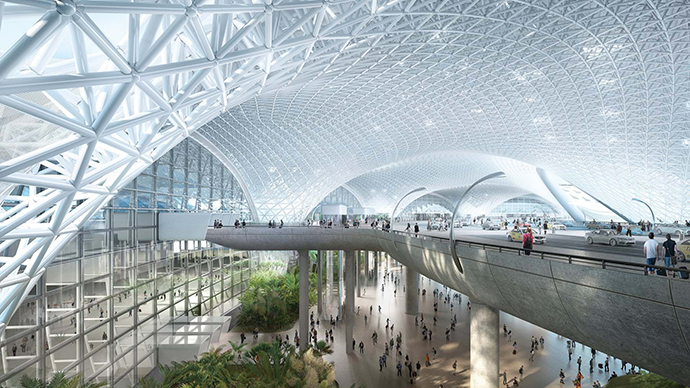Foster + Partners, the renowned British firm retained to design a new international airport for Mexico City, declared the $13 billion finished product would be “like nothing else in the world.” So much for grand predictions.
One-third completed, Mexico’s most ambitious infrastructure project is no more, nixed amid corruption allegations by the country’s new socialist President, Andrés Manuel López Obrador.
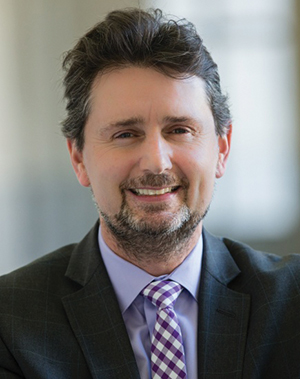
“Idiotic,” responds the Mexican-born managing director of an elite New York investment firm, who spoke to Site Selection on condition of anonymity. “We’re stuck with an airport that’s 60 years old with two runways. This is a huge missed opportunity.”
Bond holders who had committed money to the project were able to negotiate with the government to be compensated. Contractors have not been compensated fully for losing those contracts.
Doubts abound among business leaders as to López Obrador’s cheaper plan, which is to add two civilian runways to a military airport 30 miles (47 km.) north of the current Benito Juarez International Airport. Engineers warn of conflicting flight paths, and businesses say connecting flights between the two could prove to be a nightmare, especially given Mexico City’s notorious traffic. An international airport and related development would further strain an already overtaxed water supply, according to the military’s environmental impact statement. The military is charged with overseeing the project.
“It’s a recipe for disaster,” says the source.
AMLO, as López Obrador is widely known, is making investors nervous, while keeping his campaign pledge to institute “radical” change.
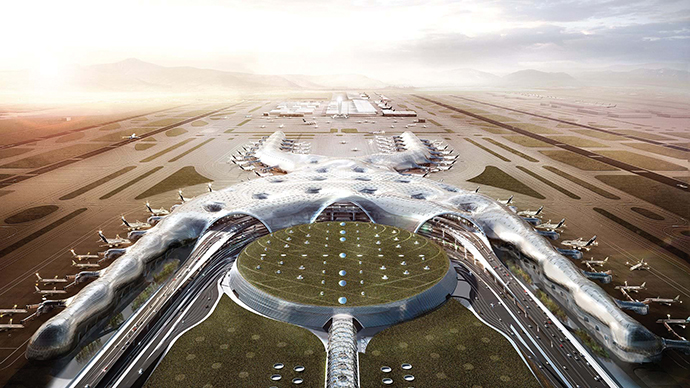
To get a handle on Mexico’s new direction, Site Selection spoke recently with Duncan Wood, director of the Mexico Institute at the Woodrow Wilson International Center in Washington, D.C.
What was the reaction to López Obrador’s cancellation of the $13 billion new Mexico City International Airport?
Duncan Wood: Within Mexico the reaction was one of absolute horror. A representative of the business community went on national television and said that this is not only anti-constitutional, but it really does threaten the future prosperity of Mexico, because you’ve cancelled a project which would have brought in a lot of business and would have had a multiplier effect. Number two, by cancelling it you are dissuading foreign and national investors from committing their capital to Mexico. Certainly, the president has done very little to reassure them that this kind of thing won’t happen again.
What has been the overall signal sent to the business community so far by President López Obrador?
Wood: It’s a little confused, the business message. They’ve presented a budget that’s fiscally conservative, and they want to make sure that they are good fiscal and economic managers. At the same time, they have sent the message that they want to be much more activist in the economy. That the state’s going to play a bigger role. That they’re willing to cancel contracts that have been awarded, the airport being the most important of those.
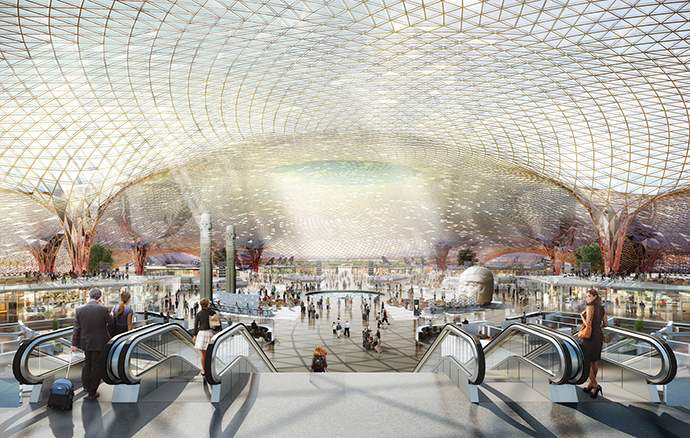
López Obrador has criticized his predecessor’s liberalization of the petroleum industry. In February, he announced he’s suspending joint ventures altogether. Is there a strategy behind that?
Wood: Essentially, Andrés Manuel wants to undo 2013 energy reform by making Pemex the center of Mexico’s oil and gas policy. Whereas the 2013 energy reform saw an opening of the sector to private and foreign investment, Andrés Manuel has put all future private and foreign investment on hold. He’s respecting the contracts that have been issued to this point, but he wants to focus all future activity on Pemex.
The centerpiece of his strategy to boost oil production is to build a $2.5 billion refinery in his home state of Tabasco. Is that prudent or doable?
Wood: There’s a great deal of nervousness on the part of the business community around that particular decision simply because it doesn’t seem like it’s a good business decision for Pemex. It’s going to cost a lot more than the government says, and it’s going to mean that precious resources are going to be diverted away from other parts of Pemex where they could be more gainfully invested.
What is the rationale behind the $6.5 billion “tourist train” that’s being proposed in southeastern Mexico?
Wood: His idea is that it would drive tourism, that it would connect those parts of the Yucatan Peninsula that are economically successful with other parts which are not, thereby driving economic growth where it’s especially needed. But it’s not a particularly well-thought-out plan, largely because we don’t really have much of an estimate of how much demand there is for a train like that.
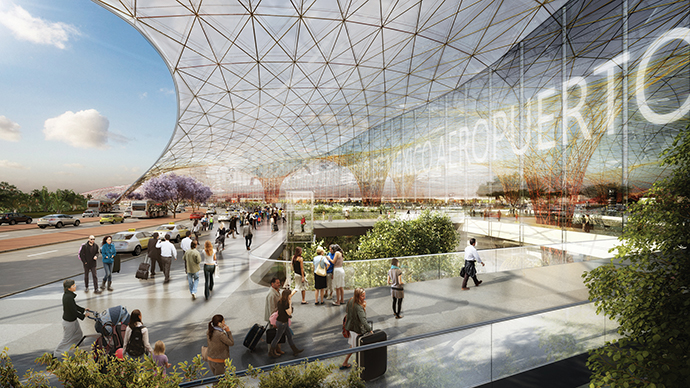
These big infrastructure proposals both are in southern Mexico. Is there any significance to that?
Wood: It’s very, very significant. Andrés Manuel has long promised that he would do what other governments haven’t done, which is develop the south of the country. The north of the country is very well developed. The central part of the country is developed. But the south has been neglected. His goal is to really bring economic prosperity and growth to the south of Mexico.
So, bottom line, a lot of big ideas, but maybe not enough attention to the attendant realities?
Wood: There’s certainly that. There’s also a belief that it’s a “Field of Dreams” kind of approach — if you build it, they will come. And it’s a belief in the power of the state and the office of the presidency, that basically, the president of Mexico can decree things to happen. There was a time in Mexico’s past when that was certainly the case. These days, it’s not really the same thing.
